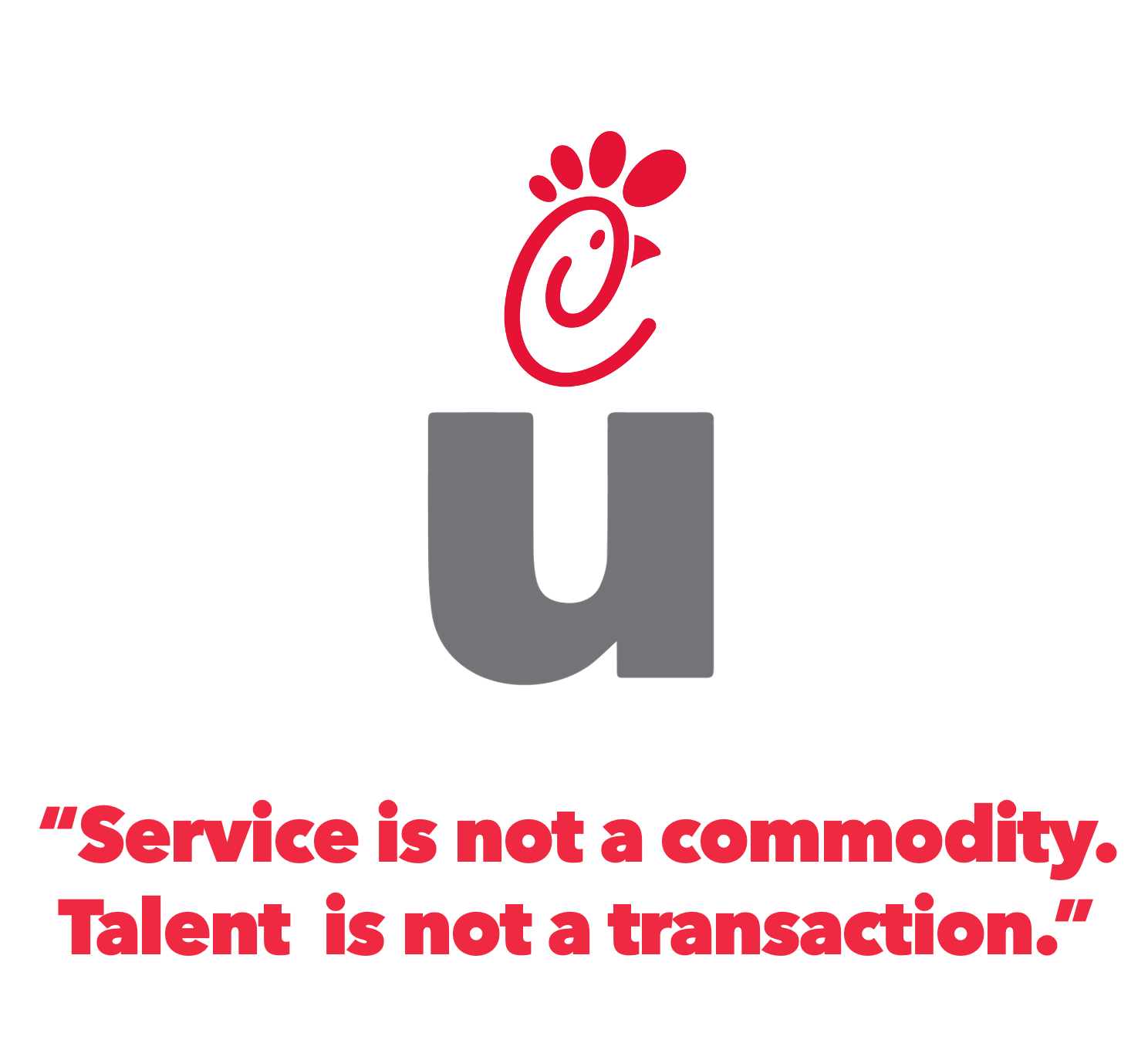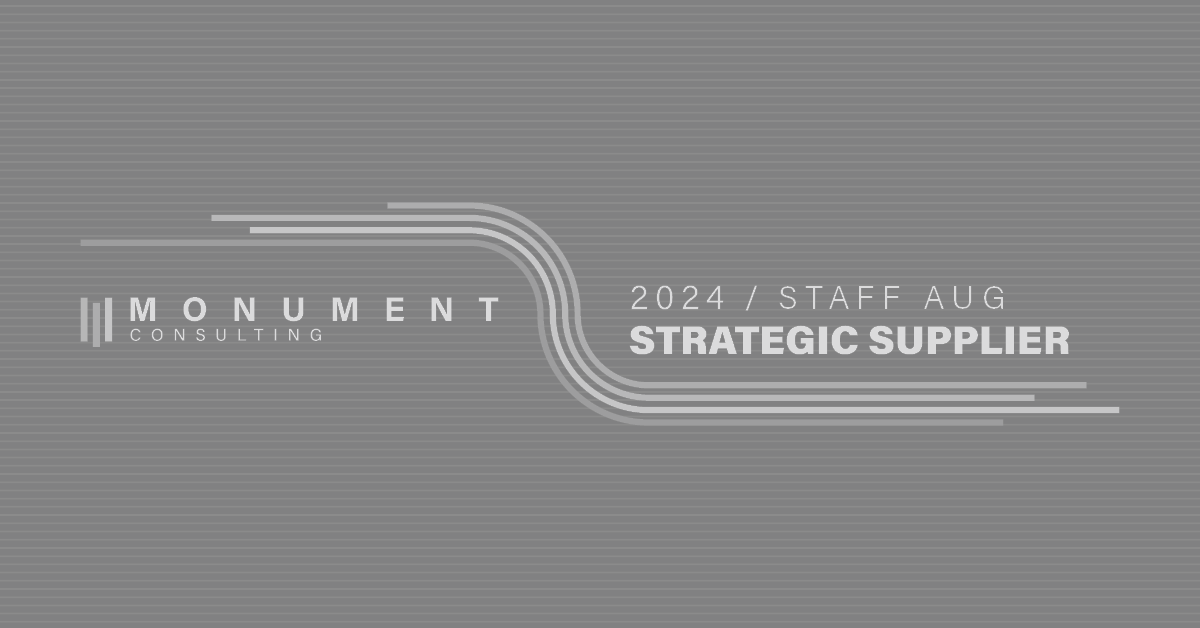This week, over three separate coffee meetings with contingent labor leaders from three prominent high-tech clients, a common theme emerged: frustration with commoditization, poor candidate experience, and the increasing pressure to “do more with less.” Those conversations inspired this post, a call to rethink how we define and deliver value in staffing.
Let’s start somewhere unexpected: Chick-fil-A.
Walk into any Chick-fil-A during peak lunch hour and you’ll see it: the line out the door, a drive-thru that looks like a maze, and yet somehow, everything moves with remarkable speed, precision, and, maybe most shockingly for a fast-food chain, genuine warmth.
Now consider this: Chick-fil-A, open six days a week, generates more revenue per location than any other fast-food restaurant, by a long shot.
Their secret? It’s not just the chicken.
Chick-fil-A invested in service. Not just better training or nicer uniforms, they hired consultants from the Ritz-Carlton to teach their teams how to deliver white-glove service in a red polo shirt. “My pleasure” isn’t just a tagline; it’s a cultural reset in a category dominated by transactions, not experiences.
Chick-fil-A is also meticulous about whom it selects to run its restaurants (operators and team leaders) and work in its restaurants (team members). The company receives about 20,000 franchise applications annually and awards only about 100 new stores—a 0.5% acceptance rate. How many institutions do you know with that kind of selectivity? For context, Harvard University accepts around 5%, or ten times as many. That level of care and discernment in selection is a business strategy, not just a staffing decision.
So, how is all of this chicken talk related to the staffing industry?
Historically, staffing has done the opposite of what Chick-fil-A has. Across the entire ecosystem, suppliers, MSPs, VMSs, HR Tech, and the clients they serve have found ever-more-creative ways to devalue ourselves. We’ve cut costs, underbid competitors, devised new business models to disintermediate candidates and hiring managers, and leaned hard into the idea that the lowest price wins. We’ve automated away not just inefficiencies but relationships. And in the process, we’ve commoditized something fundamentally human: matching great people to meaningful work.
The result? A race to the bottom that no one wins.
Now, with the rise of AI and increasingly “new and improved” impersonal hiring processes, the cracks are becoming more visible. Candidates are ghosted. Hiring managers are frustrated. “High-touch” has become “no-touch.” And the cost? Quality, loyalty, and long-term value.
But there’s an opportunity here. A Chick-fil-A moment for staffing if you will.
What if, instead of continuing to compete on cost, we doubled down on the experience?
What if our recruiters acted more like hospitality professionals, greeting candidates with respect, anticipating client needs, and offering service worth remembering? What if our industry invested in training not just to check boxes, but to build loyalty? What if we recognized that a better experience creates better margins?
Because just like Chick-fil-A proved to us, people will wait in line and pay more for a better experience.
To the contingent program and procurement leaders, those managing the MSPs, vendor lists, and cost-saving mandates, this is your moment too. Your responsibility isn’t just to reduce costs and stay compliant. It’s also to ensure that every contingent worker experiences your brand and culture in a way that makes them want to stay, contribute, and speak highly of your company. In today’s fiercely competitive talent market, experience is retention, and reputation is currency. Ask yourself: are your contingent workers proud to wear their “red shirts”?
The staffing industry doesn’t have to be the fast food of professional services.
We can be the Chick-fil-A.
But it requires a shift in mindset: from solely cost reduction to value creation, from transactions to relationships, from automation-only to intelligent, human-centered service.
Service is not a commodity. Talent is not a transaction. And if we want to remain relevant and profitable in the future of work, we’d do well to remember that.
It’s our pleasure.













